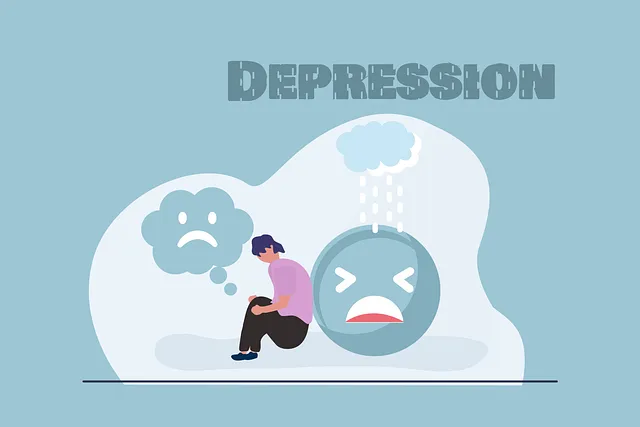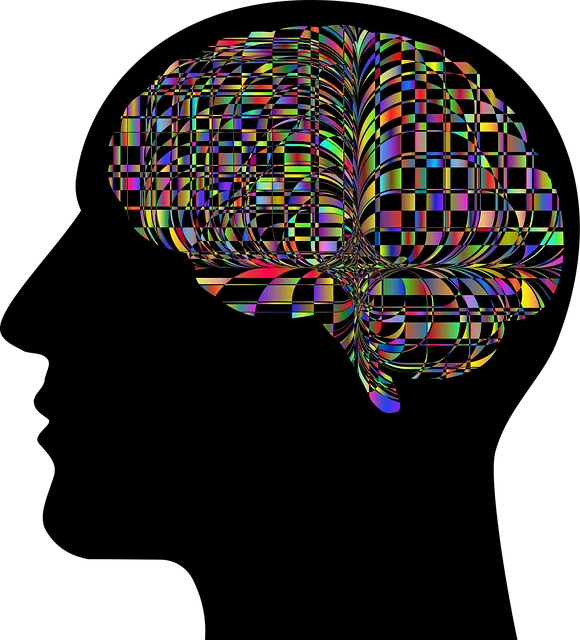The stigma around mental illness hinders access to care at centers like the Centennial Kaiser Permanente Mental Health Access Center, leading to delayed treatment and an overburdened system. This center combats stigma through community engagement, offering programs that normalize conversations, educate on mental health, and foster empathy. Their innovative strategies significantly contribute to destigmatizing mental illness in the community.
Mental illness stigma remains a significant barrier to accessing essential healthcare services. This article explores efforts to reduce this pervasive social construct, focusing on the impactful work of Centennial Kaiser Permanente Mental Health Access Centers. We delve into the understanding of stigma and its impediments to care before highlighting community engagement strategies employed by Kaiser Permanente. Additionally, we examine practical approaches to breaking down mental health-related stigma within healthcare settings.
- Understanding Stigma: Barriers to Mental Health Care
- Kaiser Permanente's Role: Centering on Community Engagement
- Strategies for Change: Breaking Down Stigma in Healthcare
Understanding Stigma: Barriers to Mental Health Care

Stigma surrounding mental illness is a significant barrier to individuals seeking help and accessing quality mental health care. This societal shame often prevents folks from discussing their struggles openly, leading to unnecessary suffering and delayed treatment. The impact is profound, especially in places like the Centennial Kaiser Permanente Mental Health Access Center, where demand for services surpasses availability.
Understanding stigma involves recognizing its multifaceted nature, from implicit biases that affect how we perceive mental health issues to societal norms that encourage secrecy. This hidden nature of stigma makes it challenging to quantify but not insignificant in its effect on individuals and communities. Addressing these barriers requires a multi-pronged approach, including fostering emotional intelligence and boosting confidence among those struggling with their mental health, as well as implementing strategies for burnout prevention within the healthcare system itself.
Kaiser Permanente's Role: Centering on Community Engagement

Kaiser Permanente, a renowned healthcare organization, has been at the forefront of mental illness stigma reduction through its community engagement initiatives. The Centennial Kaiser Permanente Mental Health Access Center serves as a shining example of their commitment to making mental health care accessible and non-stigmatized. By integrating community resources with comprehensive mental health services, this center fosters an environment where individuals can openly discuss their struggles without fear of judgment.
Through various programs, the organization promotes Depression Prevention, Anxiety Relief, and Risk Management Planning for Mental Health Professionals, ensuring that both patients and healthcare providers have access to the support they need. Community engagement plays a pivotal role in normalizing conversations around mental health, encouraging early intervention, and reducing the societal barriers that often prevent individuals from seeking help.
Strategies for Change: Breaking Down Stigma in Healthcare

At the Centennial Kaiser Permanente mental health access center, they’ve been at the forefront of breaking down stigma through innovative strategies. One key approach is to promote open conversations about mental illness, normalizing discussions in healthcare settings and everyday life. This involves educating both patients and medical professionals on recognizing symptoms, dispelling myths, and fostering empathy.
Additionally, the center offers a range of programs tailored to different demographics. Self-Care Practices workshops teach individuals coping mechanisms for stress management. Social Skills Training empowers those struggling with anxiety or depression by enhancing their interpersonal interactions. Confidence Boosting sessions help individuals overcome self-doubt and pursue their goals. By addressing mental health holistically, these efforts contribute significantly to reducing the stigma surrounding mental illness in the community.
Stigma reduction is a pivotal step towards ensuring equitable access to mental healthcare, especially in diverse communities. By addressing barriers through community engagement and implementing effective strategies, organizations like Centennial Kaiser Permanente Mental Health Access Center play a crucial role in fostering an inclusive environment. Their efforts encourage open conversations about mental illness, breaking down societal walls and enabling individuals to seek the support they need without fear of judgment. This collective approach is vital to creating a more compassionate and understanding society for those facing mental health challenges.






